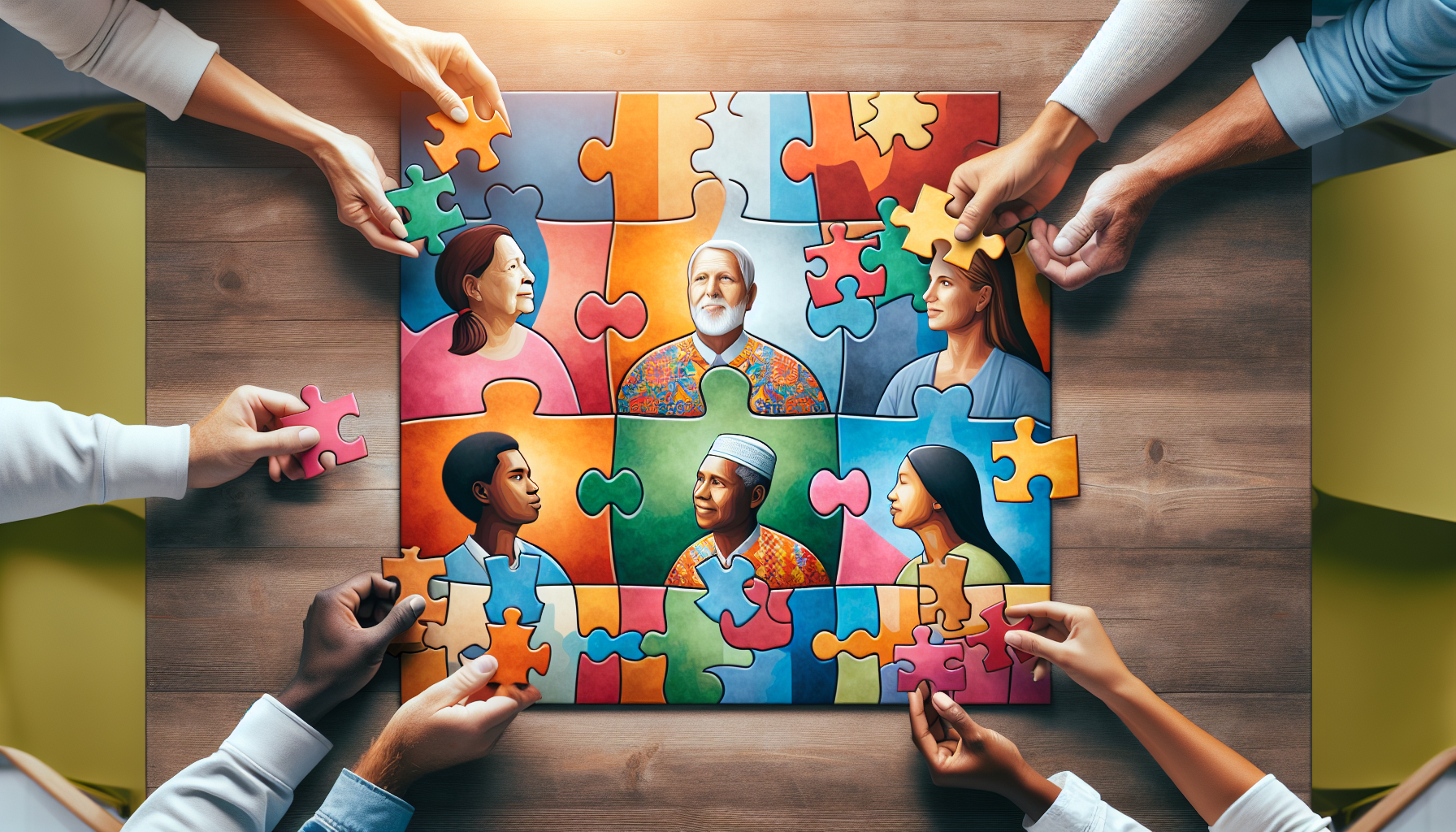In the podcast episode “When Is Now,” Dr. Isaac Prilleltensky emphasizes the profound importance of acknowledgment, or “mattering,” in our lives. He explains how this need to feel valued and to add value is not only essential for individual self-esteem but also for our social identity. When individuals are acknowledged for their unique contributions and presence, they experience a sense of legitimacy and belonging that significantly impacts their emotional well-being and motivation. Without acknowledgment, there is a detrimental cycle of diminished self-worth and a reluctance to contribute to the world. Therefore, it is crucial that we cultivate environments that foster acknowledgment and actively endorse the culture of mattering, as it empowers individuals to thrive and allows societies to harness their collective potential.

Introduction
In this article, we will explore the power of mattering, acknowledgment, and collective well-being. Mattering refers to the fundamental human requirement to add value and to feel valued in return. It is deeply linked to emotional well-being and motivational drive. The need for acknowledgment is universal, and it plays a crucial role in shaping both individual and societal harmony. Creating environments that foster acknowledgment is essential for individuals to thrive and for societies to harness the collective benefits of each person’s potential. We each have a role in acknowledging others and perpetuating a culture of mattering, leading to a virtuous cycle of empowerment and continuous acknowledgment. Ultimately, by understanding and embracing the power of mattering, we can achieve individual and societal harmony.
The Concept of Mattering
Mattering is a core human desire to feel valued and to add value to the world. Dr. Isaac Prilleltensky defines mattering as the fundamental human requirement to add value and to feel valued in return. Mattering is deeply interconnected with emotional well-being and plays a significant role in motivating individuals to pursue their goals and aspirations. When individuals feel seen and acknowledged for their unique contributions and presence, they experience a sense of legitimacy and belonging, which positively impacts their overall well-being.

The Need for Acknowledgment and its Impact on Well-being
The need for acknowledgment is a fundamental part of our social identity and plays a crucial role in shaping our self-esteem. Without acknowledgment, individuals may feel a diminished sense of worth, leading to a lack of confidence and hesitancy to contribute their gifts and strengths to the world. The consequences of not being acknowledged can be detrimental to both personal growth and collective human potential. Acknowledgment is essential for individuals to thrive and achieve a sense of fulfillment and happiness.
The Universality of the Need for Acknowledgment
The need for acknowledgment is a timeless aspiration that resonates across cultures and throughout history. We all yearn to feel appreciated, to have our thoughts and feelings validated, and ultimately, to be affirmed in our individual existence. This universal need for acknowledgment highlights its significance in creating a sense of worth and belonging. Acknowledgment is not a superficial or temporary requirement; it is integral to our well-being and the cultivation of our highest potential.
Creating Environments that Foster Acknowledgment
To meet the universal need for acknowledgment, it is crucial to cultivate environments that foster acknowledgment in various settings. This includes family units, the workplace, educational institutions, and broader community settings. In these environments, individuals should feel seen, heard, and valued for their unique contributions. By creating spaces where acknowledgment is prioritized and practiced, we lay the foundation for individual and collective well-being.
The Role of Individuals in Acknowledging Others
Each of us plays an important role in acknowledging others and creating a culture of mattering. By understanding the need for acknowledgment, we can actively endorse and promote its importance. Acknowledging others requires empathy, compassion, and a genuine desire to uplift and validate their experiences. By acknowledging others, we contribute to their overall well-being and empower them to unlock their full potential.
The Virtuous Cycle of Mattering
When individuals feel genuinely recognized, a virtuous cycle is set in motion. Genuine recognition empowers individuals to add value to their communities, workplaces, and relationships. By acknowledging others, we perpetuate a culture of mattering, where continuous acknowledgment becomes the norm. This positive cycle not only enhances individual well-being but also contributes to the overall harmony and prosperity of society.
Achieving Individual and Societal Harmony
Individual and societal harmony can be achieved by recognizing and embracing the power of mattering. When individuals feel valued and their contributions acknowledged, they are more likely to thrive, pursue their passions, and contribute positively to their communities. By creating environments that foster acknowledgment and endorsing a culture of mattering, we can create a society where individuals are empowered, and their well-being is prioritized. In this society, everyone’s potential can be realized, leading to a collective harmony that benefits all.
In conclusion, the power of mattering, acknowledgment, and collective well-being cannot be underestimated. Acknowledgment is a fundamental human need that impacts our emotional well-being and motivational drive. It is a universal aspiration that transcends time and culture. By creating environments that foster acknowledgment and actively acknowledging others, we can perpetuate a virtuous cycle of mattering that leads to individual and societal harmony. Embracing the power of mattering is crucial for personal fulfillment and the collective betterment of society.
